An Introduction to Wales
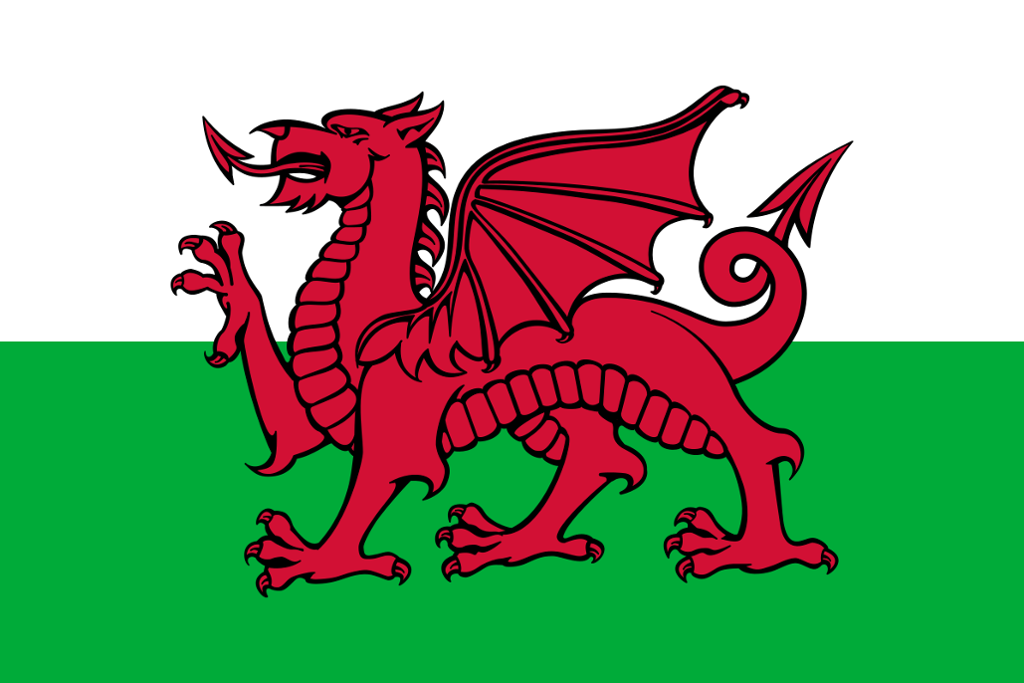
An introduction to Wales
The audio begins with a brief summary of the text
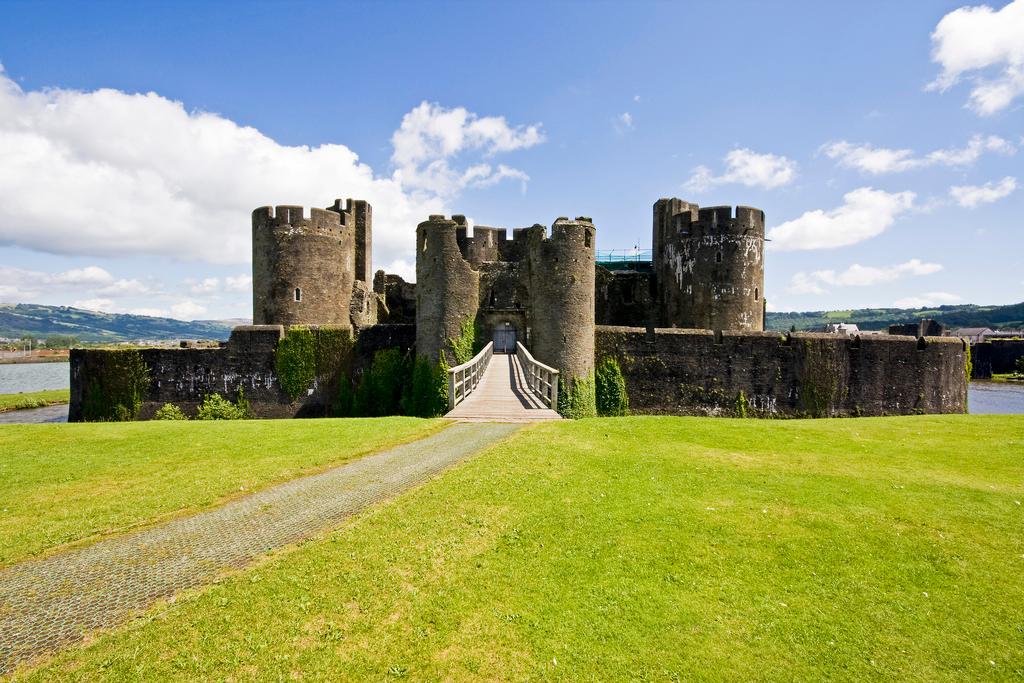
Wales, with its 3.1 million inhabitants can be divided roughly into two geographical and economic areas. In the north there are beautiful, wild hills and deep river valleys. Tourism is a very important source of income in this area. Many Englishmen visit this rugged landscape, and some of them even build their own holiday cottages in northern Wales. The highest mountain in Wales, Snowdon (1,085 metres), is situated in Snowdonia National Park, an area perfect for mountain climbing. Due to the mountains and deep valleys, agriculture and industry have been difficult in this area, so the population density is low.
Southern Wales, on the other hand, is more densely populated. Traditionally, the south has been renowned for its coalmines. This has changed, however. Nowadays, most of the coalmines are closed, and the chief industries are engineering and electronics. In the countryside, sheep and cattle farming is predominant.
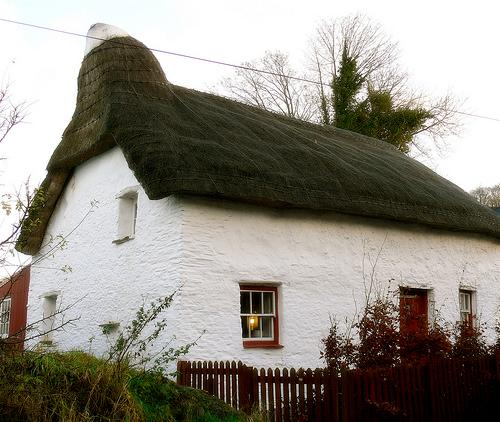
The three most important cities in Wales are all situated in the south. Cardiff was chosen as the country’s capital city in 1955, mainly because of its size. Cardiff is a wonderful city for tourists with its castle, the Welsh National Museum and the Llandaff Cathedral. East of Cardiff is the city of Newport with its beautiful 15th century cathedral, and finally Swansea, the most industrial of all Welsh cities. In spite of its industry, Swansea can boast a total of 45 parks.
The Welsh have strong traditions of music and poetry and this is celebrated in their annual music festival – “eisteddfod”.
In Wales, 20% of the population speak Welsh, a Celtic language, which is still taught in schools. You can see it on the road signs which are in both Welsh and English. See if you can get your tongue around these.
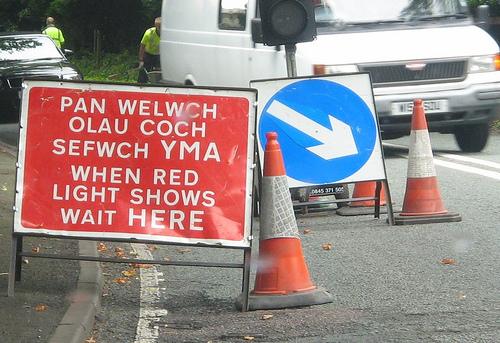
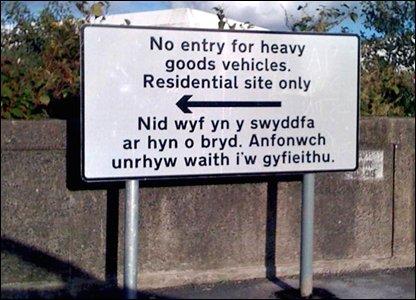
The English is clear enough to lorry drivers - but the Welsh reads "I am not in the office at the moment. Send any work to be translated." (BBC News 31 October 2008)
- What is Wales famous for? Search the internet and make a list of five things you would like to see or do in Wales. You may use places referred to in the text as your starting point.
- Do a search on 'Welsh pronunciation' to find sound samples of Welsh. You may want to add *.mp3 or *.wav in your search if the search engine does not support specific audio search.
- Search the internet for tongue twisters and see if you can find any tricky words and phrases to pronounce yourself. There is also a tongue-twister activity in the menu on your right.